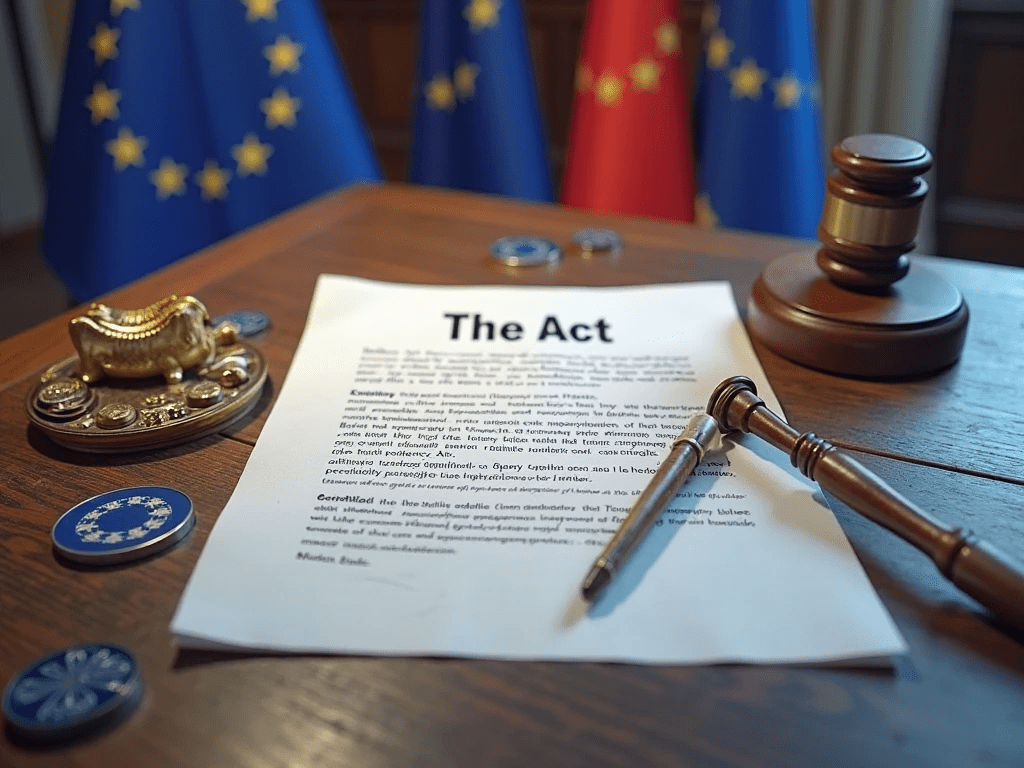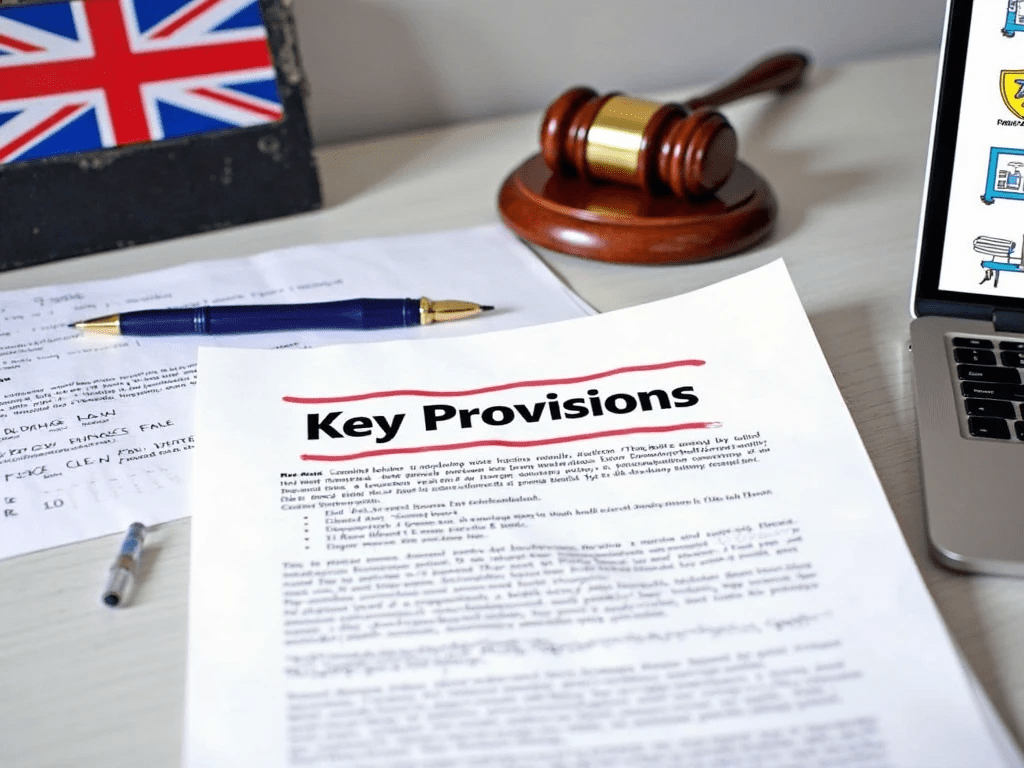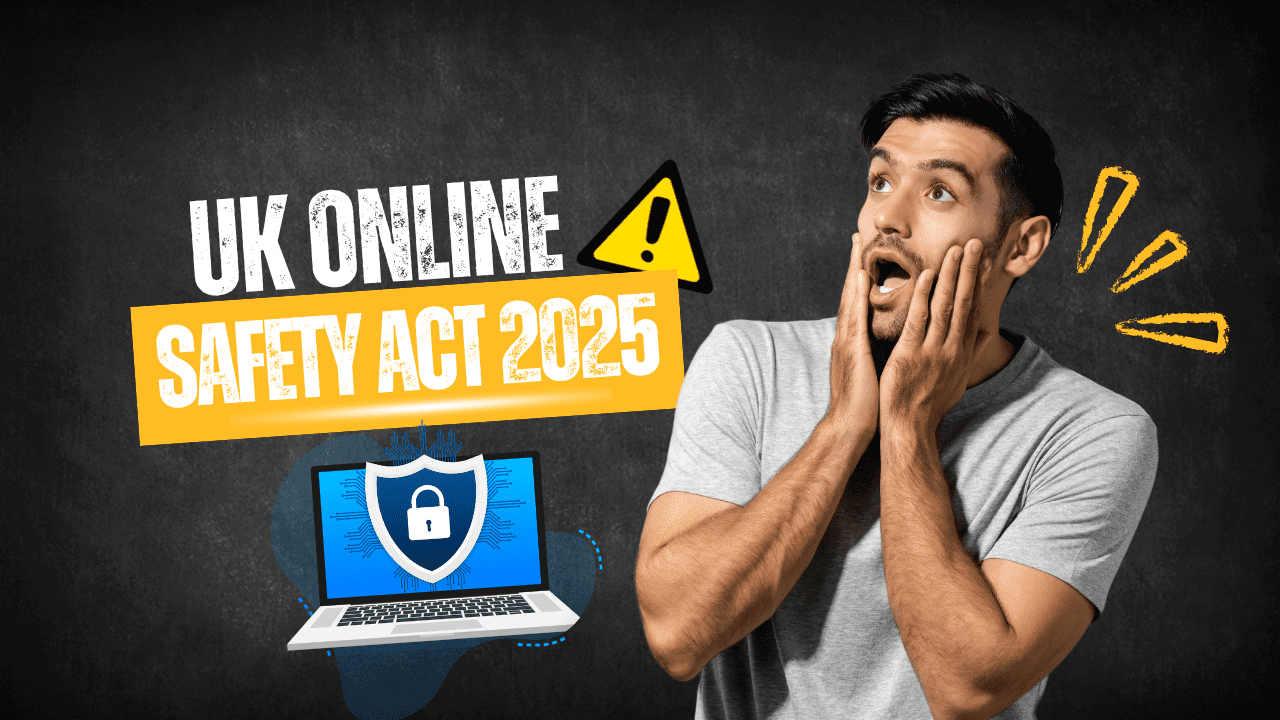Discover everything you need to know about the UK Online Safety Act 2025 explained in plain English. Learn how it affects users, platforms, and freedom online in this simple and SEO-optimized guide.
📌 Introduction
Have you ever scrolled through the internet and wondered who’s keeping it all in check? The UK Online Safety Act 2025 is the answer to that question. It’s a groundbreaking piece of legislation aimed at making the online world safer, especially for kids and vulnerable users.
Let’s break it down simply — no jargon, no fluff, just a friendly, clear explanation of what this law is, what it wants to achieve, and how it affects you.
📚 Background of the Act

This law has been brewing for a while. First introduced in concept in 2019, it took years of public consultation, debates, and revisions to finally become law in 2025. It’s part of the UK government’s broader push to regulate tech giants and protect citizens from online abuse, scams, and harmful content.
🎯 Main Purpose of the Online Safety Act

At its core, the Act is about safety. It aims to:
- Protect children from harmful and inappropriate content.
- Ensure tech platforms take responsibility for the content shared on their sites.
- Crack down on illegal materials like terrorism propaganda, abuse, or fraud.
- Improve transparency and accountability across the internet.
Think of it as digital traffic rules — it doesn’t stop you from driving, but it makes sure everyone’s doing so safely.
👥 Who Does the Act Apply To?
This isn’t just about the big players like Meta or Google. The law covers:
- Social Media Networks (Facebook, TikTok, X)
- Messaging Platforms (WhatsApp, Signal, Telegram)
- Search Engines (Google, Bing)
- User-to-user services (forums, online communities)
- Pornographic websites and even gaming platforms
So, if you’re running a blog that allows comments or uploads, this could apply to you too.
🔐 Key Provisions of the Act

🚫 Illegal Content vs. Harmful Content
- Illegal content includes terrorism, CSAM (child sexual abuse material), hate speech, revenge porn, etc.
- Harmful content, though not illegal, includes cyberbullying, self-harm promotion, or eating disorder forums.
📃 Duty of Care
Platforms now have a duty of care to:
- Remove illegal content swiftly
- Minimize the spread of harmful material
- Clearly set out user terms and conditions
🔞 Age Verification Requirements
One of the most talked-about rules is age checks. Platforms must:
- Ensure underage users don’t access adult content
- Use tech like ID checks or AI-based age estimators
This means some websites might ask for more personal data — which opens a whole new debate on privacy.
📈 Transparency and Accountability

Platforms must now:
- Submit annual reports to Ofcom
- Provide risk assessments on how their features might harm users
- Offer user-friendly complaint mechanisms
📡 Role of Ofcom
Ofcom is the UK’s communications regulator. Under this Act, it has new teeth. It can:
- Investigate companies
- Demand data
- Issue fines of up to £18 million or 10% of global revenue (whichever is higher)
- Force platforms to change their features (even algorithms)
Scary stuff for tech giants, right?
💸 Penalties and Fines

Failure to comply can cost businesses millions. For instance:
- A platform that fails to remove terrorist content within 24 hours may face major fines.
- Repeat offenders could even face criminal liability for executives.
It’s no longer a slap on the wrist — it’s a wake-up call.
📱 Impact on Social Media Platforms
Social platforms will:
- Upgrade moderation teams
- Use AI to detect harmful behavior
- Adjust recommendation algorithms
- Possibly limit certain content for younger users
You might start seeing less sensational, clickbait-y stuff in your feed — which some see as a win.
👤 What It Means for Users
For regular folks like us, here’s what changes:
- Safer experience, especially for kids
- Easier ways to report abuse
- Possibly more popups and ID checks
- Less chance of seeing traumatic or disturbing content
But yes, expect more filters and monitoring — especially in messaging.
⚖️ Controversies and Criticisms

No law is perfect, and this one has sparked plenty of debates.
Censorship Concerns
Some fear the Act could restrict freedom of expression. Who decides what’s “harmful”? That’s a slippery slope.
Privacy & Encryption
End-to-end encryption might be at risk. If platforms are forced to scan private messages, can we still trust them?
Critics argue it’s like opening your mail just to make sure you’re not being “mean” in private.
🌍 Comparison With Global Laws
Other countries are also tightening internet rules:
- EU’s Digital Services Act (DSA) focuses on transparency and algorithm accountability.
- USA’s Section 230 still protects platforms from liability for user content — the UK’s Act challenges this idea.
So, the UK is one of the first to push this hard.
🔮 Future Outlook
Expect:
- More updates and adjustments
- New technologies to enforce the rules
- Businesses adapting their user experiences
If you’re a creator or business owner, now’s the time to audit your content and update your compliance policies.
🔚 Conclusion
The UK Online Safety Act 2025 is a bold move toward a safer internet — but it comes with big responsibilities and even bigger consequences. Whether you’re a user, a platform, or a parent, this law touches your digital life.
It promises protection but also opens debates about privacy, speech, and surveillance. As we step into this new era of internet regulation, staying informed is your best defense.
❓ FAQs
1. What does the Online Safety Act actually ban?
It bans illegal content like terrorism, child abuse, revenge porn, and requires platforms to limit exposure to harmful but legal content like cyberbullying or self-harm.
2. Will my private messages be scanned?
Possibly, especially if platforms are required to monitor for illegal content. This is a hot topic and still under heavy debate.
3. Who decides what is “harmful”?
Ofcom and the government will issue guidelines, but platforms will also be responsible for their interpretation and moderation.
4. Does the Act affect international platforms?
Yes. Any platform serving UK users, regardless of location, must comply or face fines and sanctions.
5. How can I ensure compliance as a business owner?
Conduct a content and safety audit, set up reporting mechanisms, review age-verification procedures, and follow Ofcom’s published codes of practice.
Our latest blog: EU AI Crypto Impact 2025
For more information visit: https://www.gov.uk/government/publications/online-safety-act-explainer/online-safety-act-explainer#:~:text=The%20Act%20requires%20all%20companies,content%20when%20it%20does%20appear.


